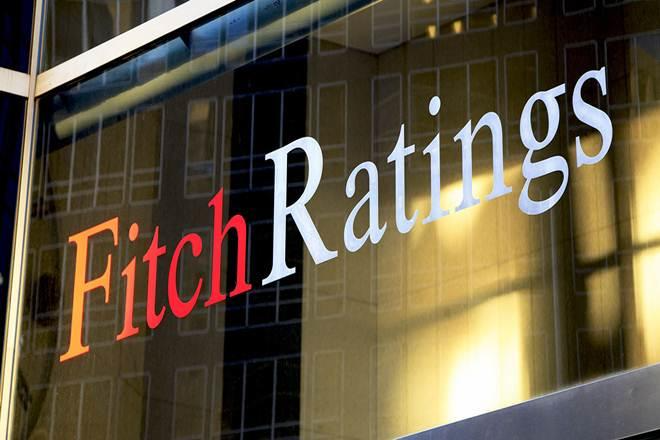Fitch Ratings has upgraded United Bank for Africa (Ghana) Limited’s Viability Rating (VR) to ‘b-’, from ‘ccc+’ affirming its Long-Term Issuer Default Rating (IDR) at ‘B-’ with a Stable Outlook
The rating action follows the upgrade of Ghana’s Long-Term Foreign-Currency IDR to ‘B-’, from ‘RD’ (Restricted Default), and Long-Term Local-Currency IDR to ‘B-’, from ‘CCC+’, on 16 June 2025. (See “Fitch Upgrades Ghana to ‘B-’; Outlook Stable”.)
The upgrade of the VR primarily reflects reduced solvency risks due to a lower likelihood of another default on the sovereign’s local-currency debt. This improvement is attributed to better debt servicing conditions in local currency, as well as the country’s normalisation of relations with a significant majority of external commercial creditors.
Fitch said UBA Ghana’s Long-Term IDR is driven by its standalone creditworthiness and underpinned by potential support from United Bank for Africa Plc (UBA), its parent company which is rated B/Stable, as reflected in its Shareholder Support Rating (SSR) of ‘b-’. The VR balances UBA Ghana’s moderate franchise and large exposure to the sovereign against its high profitability, and large capital and liquidity buffers.
Noting the improving operating environment in Ghana, Fitch said Ghana’s real GDP growth accelerated to 5.7 per cent in 2024 (2023: 2.9 per cent) and is forecast at four per cent in 2025, and 4.5 per cent in 2026. “The Ghanaian cedi has appreciated significantly, which we forecast will contribute to a sharp reduction in inflation. Strong profitability and the currency appreciation have improved the banking sector’s capitalisation, positioning it well for the end of regulatory reliefs at end-2025.”
It noted that the sovereign exposure, largely through fixed-income securities (end-1Q25: over 290 per cent of equity), is high, including new sovereign bonds (rated B-) and new cocoa bonds received in the Domestic Debt Exchange Programme.
It includes restructured Eurobonds and treasury bills not subject to the restructuring.
“UBA Ghana’s impaired loans (Stage 3 loans under IFRS 9) ratio decreased to 12.5 per cent at end-2024 (end-2023: 24.7 per cent) due to write-offs and recoveries. The significance of loan-quality risks is diminished by a small loan book (end-1Q25: nine per cent of total assets), with broader asset quality more closely aligned with the sovereign’s creditworthiness.





